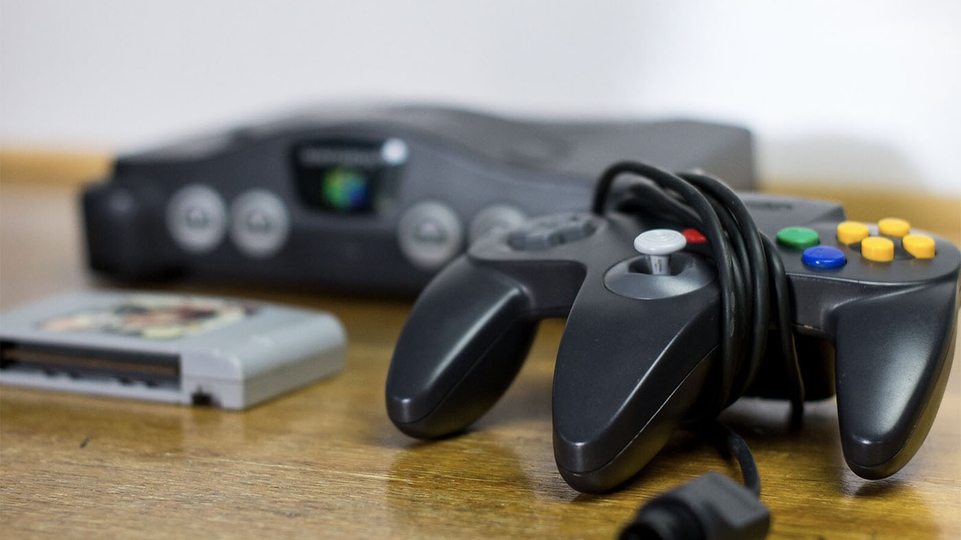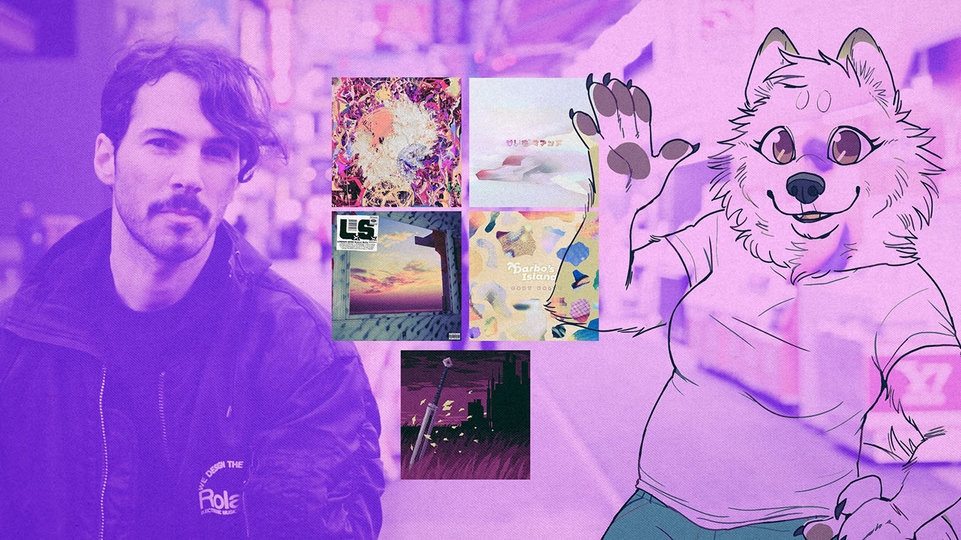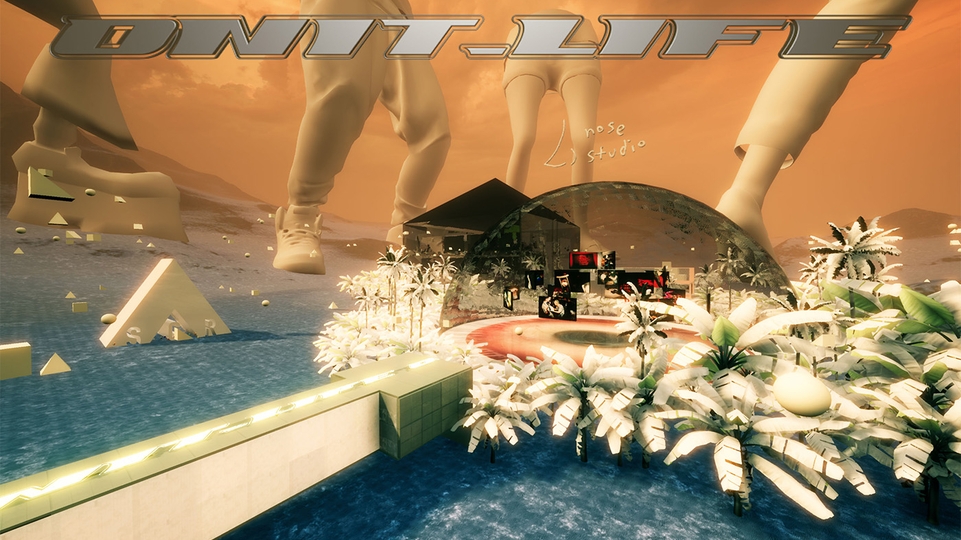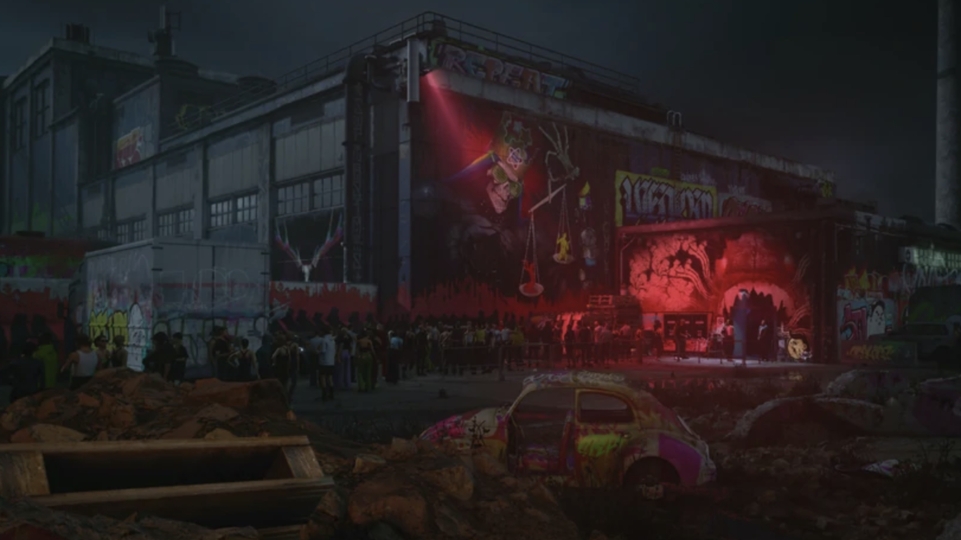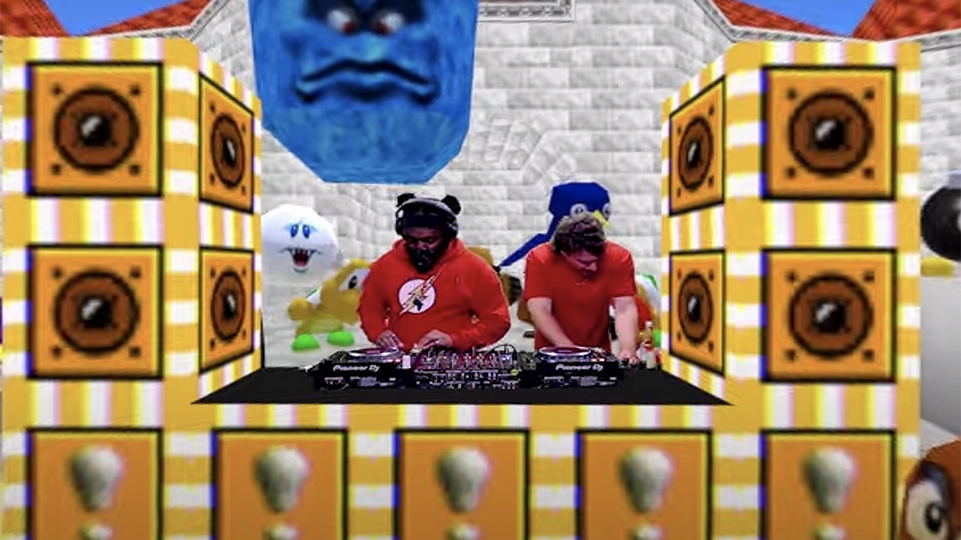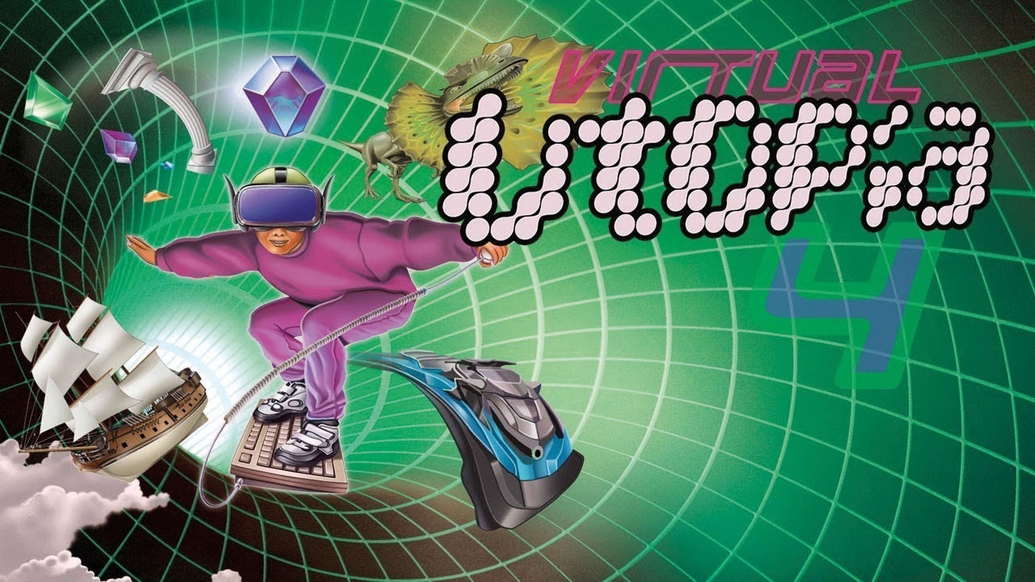
State of Play: the in-game concert boom
In our latest gaming column, State of Play, Cherie Hu asks: have concert promoters been irrevocably cut out of the in-game concert boom by game developers?
As this column has covered extensively, 2020 was a watershed year for in-game concerts, from Travis Scott, Steve Aoki and Dillon Francis in Fortnite to Ava Max and Lil Nas X in Roblox. But ironically, traditional concert promoters — even market leaders like Live Nation and AEG — have been almost completely cut out of the in-game concert boom.
Instead, game developers like Epic Games and Roblox have been taking on the role of promoter, booker and venue themselves in one fell swoop — leveraging their existing virtual-world infrastructure, skill sets and audience connections to drive engagement, instead of relying on third parties to do the job. Even game-centric events that don’t take place directly within games have cut traditional concert promoters out of the picture. For instance, on 15th January this year, Twitch and Riot Games partnered on the hybrid EDM/gaming livestream wwFest: Valorant, which featured artists like Madeon, ARMNHMR and Whipped Cream on what looked like a standard festival line-up — but there was no festival promoter in sight on the press release or marketing copy for the event.
This isn’t necessarily out of intentional malice, and it’s not like concert promoters weren’t collaborating with the gaming and esports worlds pre-COVID. In fact, around 2018 there was a surge in IRL events that combined the skills of promoters, game developers and esports brands into new hybrid entertainment experiences, from Insomniac’s PLAY Festival to Riot Games’ Hyperplay festival. Rather, as the entire live music ecosystem has moved online in the last year, boundaries among traditional job functions have blurred, in a way that might make some roles seem redundant. More often than not, the companies “promoting” in-game concerts — whether a major game developer or a content platform like Twitch — are also the ones who book the talent, build the stage and own the audience. This represents a verticalization and centralisation of operations and opportunities, and hardly presents a viable “future” for live music online, in that it doesn’t support a more open, decentralised ecosystem of promoters who are free to foster their own events and communities as they see fit.
So how do we solve this? There’s one area where concert promoters aren’t redundant, especially in an online context: crafting experiences that cater to the specific geographies and niche music communities that they know best.
All in all, for video games to truly become the future of live music, they have to present much more than just verticalized spectacles for the top 1% of artists
With this in mind, I think game developers should give promoters more accessible, flexible development tools to create their own virtual worlds and venues in the metaverse, in a way that aligns with their respective strategies for programming and community engagement. This mindset can be valuable across the promoter spectrum. Sony just announced a new internal “immersive music studio” that will stage virtual shows for its label artists; there’s no reason why the giants Live Nation and AEG shouldn’t be able to develop their own online venues as well.
On the more indie and DIY side, promoters are severely lacking in virtual public spaces where they can freely experiment with gaming integrations. This is why so many DIY electronic artists and event organisers have chosen Minecraft as their game of choice, because of the customisability and flexibility of the game’s interface and the ability for anyone to build whatever kind of stage and environment they want on their own server. For this reason, Roblox, which is also an open-gaming platform with a more social component, will also emerge as a major contender for promoter partnerships this year.
There are some exciting initiatives in the underground electronic music community, such as George Clanton’s Virtual Utopia tutorial series, that centre around open skill-sharing for creating 3D livestream events using game development tools like Unity and Unreal Engine. All in all, for video games to truly become the future of live music, they have to present much more than just verticalized spectacles for the top 1% of artists. They also have to turn into a viable platform for a multibillion-dollar industry that, even one year into a pandemic, is still fighting for its life.
